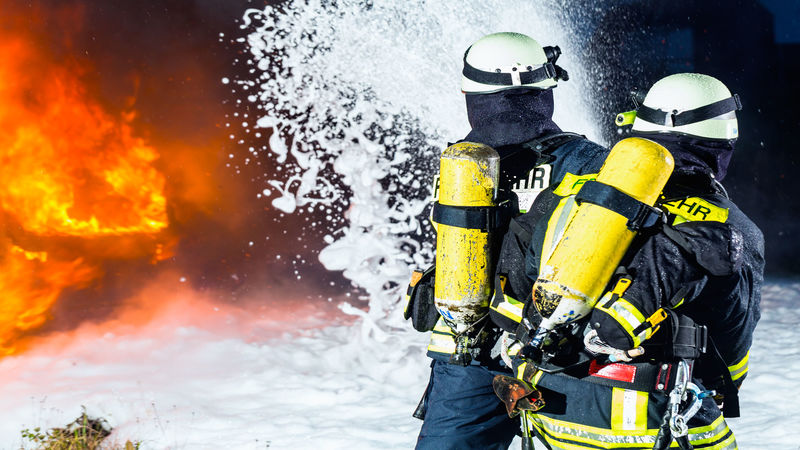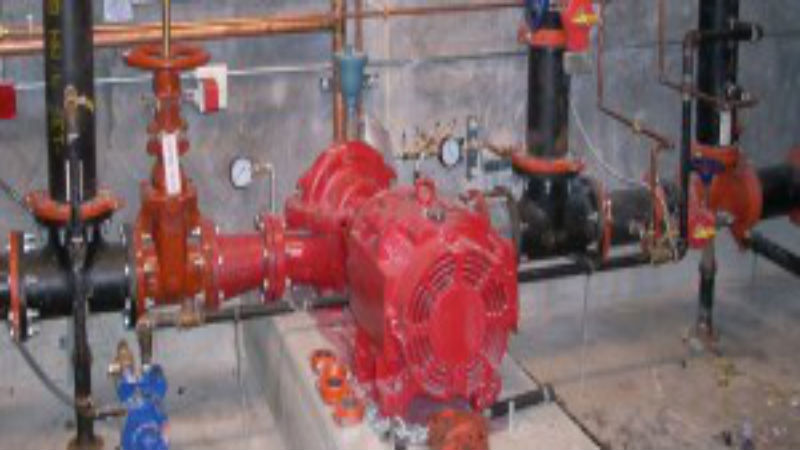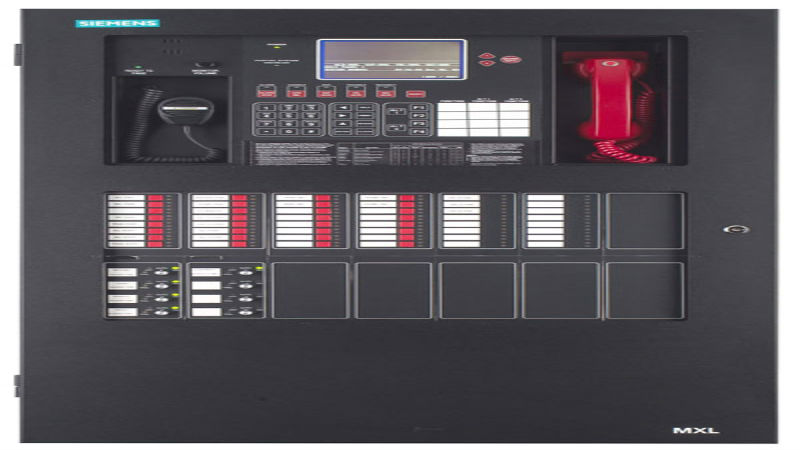Running a commercial kitchen for a restaurant, catering service or food processing business, is a multifaceted operation in Illinois. You might have 10 people working on 10 different things at one time, and this can greatly increase the likelihood of accidents, fires and contamination. Here are 7 tips (from kitchen exhaust cleaning to proper cooking methods) to help create a safer operation for you, your staff and customers.
1. Make Sure All Staff has Proper Training
Everyone in your business needs to be trained and certified in food handling techniques. In addition, your staff should be aware of fire safety for food services. For example, each employees must know how to operate extinguishers and where all of them are located. If a unit is missing, a supervisor needs to be notified immediately.
2. Cleanliness is Absolutely Essential
Nothing is more important than maintaining a clean environment and telling employees to wash hands frequently is not enough. Rules must be in place with severe repercussions when workers do not keep their hands clean in all areas at all times.
3. Inspect and Clean the Exhaust System Regularly
Many food services in Illinois cook a variety of foods and it is easy for exhaust systems to become dirty and filled with soot and grease. Once this happens, your business is a fire waiting to happen. You should have a professional kitchen exhaust cleaning on a regular basis. This ensures proper ventilation and fewer fire hazards.
4. Monitor Temperatures of Refrigerated Foods
One should never assume refrigeration equipment is working properly. By the time a unit feels too warm, it could be too late. Place thermometers in plain sight, so workers can note temperatures as they go about their business. When temperatures rise above 40 degrees, someone needs to be notified.
5. Never Assume Your Shipments are Fresh
People often make mistakes, and from time to time you may get food from a supplier which is spoiled or nearly spoiled. Every shipment should be carefully checked by someone with experience.
6. Be Aware of Cross Contamination Issues
All food preparation surfaces need to be sanitized right after using. This includes cutting boards, counters, cooking utensils, knives and employees hands.
7. Keep Employees Updated on the Latest Rules and Regulations on Public Health Matters
Consider starting a company newsletter which includes recent Illinois and local laws affecting commercial kitchens. Remember, safety is more than preventing food contamination, as services like kitchen exhaust cleaning and sprinkler inspections can help you prevent disasters.


